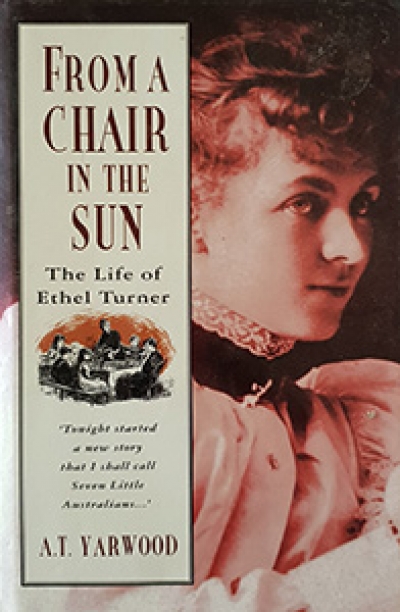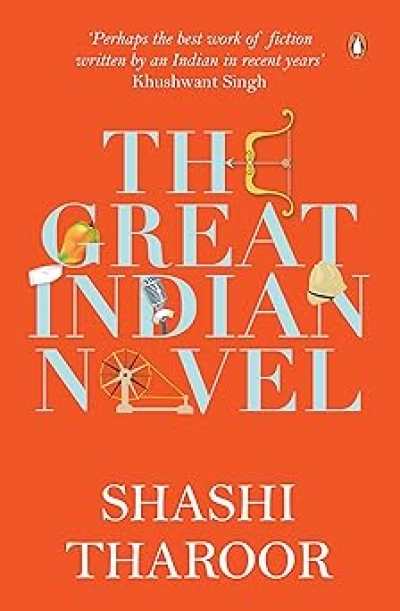Accessibility Tools
- Content scaling 100%
- Font size 100%
- Line height 100%
- Letter spacing 100%
Cassandra Pybus
The ABR Podcast
Released every Thursday, the ABR podcast features our finest reviews, poetry, fiction, interviews, and commentary.
Subscribe via iTunes, Stitcher, Google, or Spotify, or search for ‘The ABR Podcast’ on your favourite podcast app.
‘Where is Nancy?’ Paradoxes in the pursuit of freedom
by Marilyn Lake
This week on The ABR Podcast, Marilyn Lake reviews The Art of Power: My story as America’s first woman Speaker of the House by Nancy Pelosi. The Art of Power, explains Lake, tells how Pelosi, ‘a mother of five and a housewife from California’, became the first woman Speaker of the United States House of Representatives. Marilyn Lake is a Professorial Fellow at the University of Melbourne. Listen to Marilyn Lake’s ‘Where is Nancy?’ Paradoxes in the pursuit of freedom’, published in the November issue of ABR.
Recent episodes:
Dear Editor,
How disappointing your cover feature on The First Stone turned out to be. I feel very let down by the most mediocre review I’ve read on this most talked-about work. Your former Editor, Rosemary Sorensen, wrote a superb, thought-provoking piece in the Sydney Morning Herald. I expected the review in ABR to be of similar quality.
Brian White, Elwood, Vic.
(Ed’s reply: You might be interested to know that the Sydney Morning Herald chose to republish a shortened version of Cassandra Pybus’s review of The First Stone, on Wednesday 10 May, acknowledging it was first published in ABR.)
... (read more)







